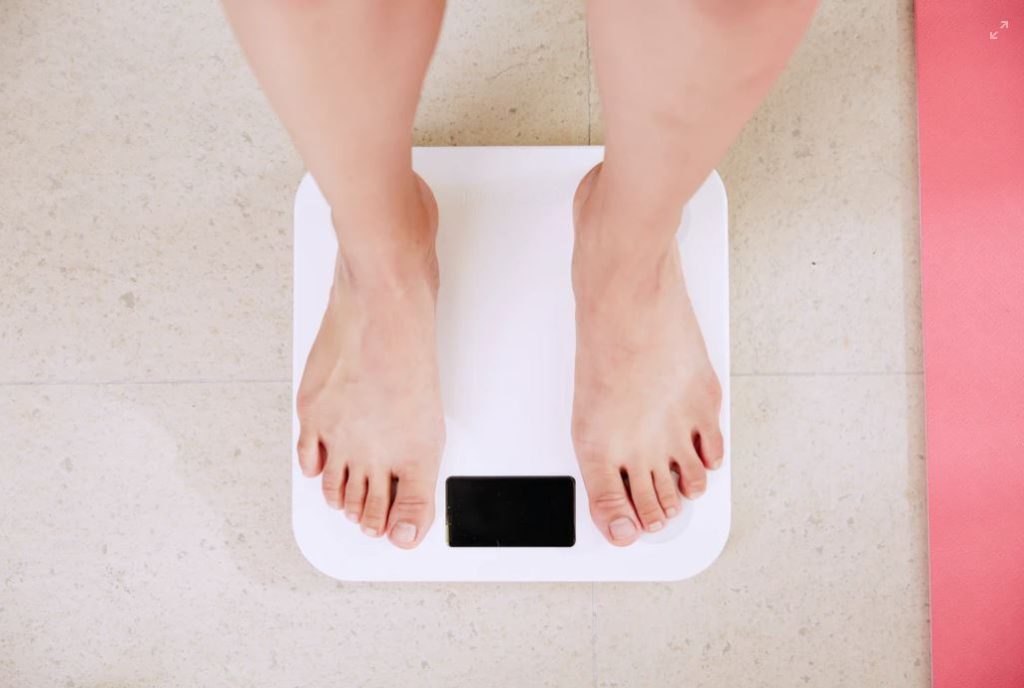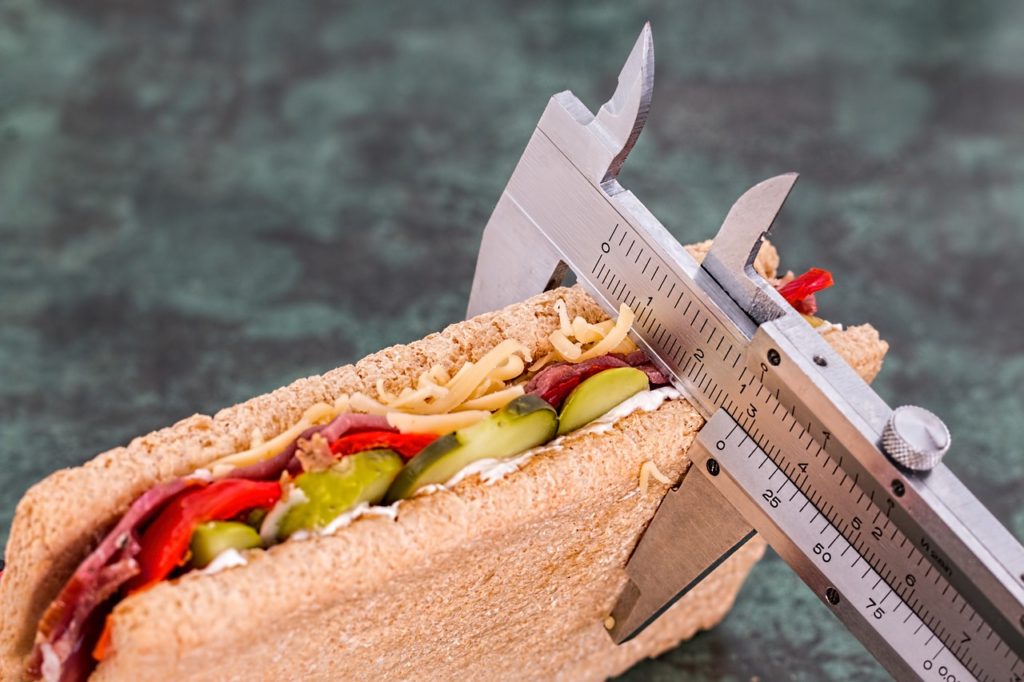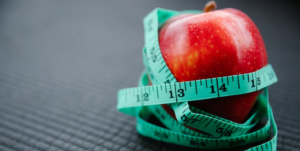Knowing what the optimum weight is for your height, or conversely understanding whether your current weight is at a healthy level or not is a highly important parameter to monitor as you begin and continue your BDA WeightWise journey. In this article we’ve included a simple BMI calculator to help with this understanding, but first let’s explain exactly what BMI is!
What is Body Mass Index?
Body Mass Index (BMI) is a fairly blunt way of finding out if your weight could be putting your health at risk or not. It is used by health professionals around the world and so should be considered an important figure to know about yourself – in fact it’s more important than your weight itself!
How to Calculate BMI
The BMI formula is very simple to calculate and just requires your weight in kilograms and your height (in metres) to be known. Your BMI is then your weight divided by your height multiplied by itself (i.e. squared). The resulting number is your BMI in kg/m2.
If you’re living in the USA then the formula is a little more complicated because you’re using those old-fangled Imperial measurements. The equation then becomes your weight in pounds (lbs) divided by your height (in inches) squared, with the answer then getting multiplied by 703.
Luckily, you don’t have to bother with the mental gymnastics to work out your BMI – you can just use our handy BMI calculator below! Give it a go, using either imperial or metric measurements, and then read on to see how your BMI stacks up against medical recommendations.
BMI Calculator
Please enter your height and current weight into our BMI calculator, and record the results – remember one stone is 14 pounds.
You can then check your value against international guidelines to see where you currently stand. From there, you should consider your next steps.
What is a Healthy BMI?
For any height there is a range of healthy weights which consequently creates a range of healthy BMIs.
BMI is classified in the following way:
A BMI of less than 18.5 kg/m2 indicates you are underweight. You should consider gaining weight at this level or lower.
If your BMI is 19 – 24.9 kg/m2, you are at a healthy weight for your height, and should aim to stay that way. Maintenance mode!
A BMI of 25 to 29 kg/m2 is defined as overweight. It’s a good idea to lose some weight for your health’s sake at this level, or at least aim to prevent further weight gain.
A BMI of over 30 kg/m2 is defined as obese and means your health is at risk. Losing weight from this level will improve your health and long term prospects for quality and length of life.

How Accurate is BMI if you are Muscular?
BMI is not always a good reflection of body fatness. A very muscular person might have a high BMI when in fact their body fat is at a healthy level – this is because muscle weighs more than fat.
If you are a bodybuilder or highly trained athlete then we would advise increasing the ‘healthy range’ of BMI slightly (1-2 kg/m2), but warning bells should still be flashing if you are approaching or exceeding 30 kg/m2.
We also recommend monitoring the circumference of your waist as this is linked to health risk. Carrying too much weight around your middle increases your risk of developing heart disease, high blood pressure and diabetes.
Waist Calculator
Measuring your waist is an easy way of finding out whether you are an ‘apple’ or ‘pear’ in terms of shape. To measure your waist, find the bottom of your ribs and the top of your hips.
Measure around your middle at a point mid-way between these (for many people this will be the tummy button). Use the table to see if you are at risk of ill health. Remember these measurements refer to adults.
If you are at increased risk, now would be a good time to make healthy lifestyle changes that would reduce or prevent any further increase. If you are at high risk then losing weight and reducing your waist size will improve your health. Changing your eating habits and becoming more physically active can have many benefits. In a recent trial, we also showed BMI improvements using a home vibration plate.
Does Gender Affect BMI?
In short, no. The BMI value itself is gender agnostic and can be applied to men and women equally. However this is not to say that there are no differences in typical BMIs between men and women.
Some BMI distribution studies have shown that a higher proportion of women worldwide have low BMI compared with men and this can lead to a greater incidence of health related problems – (lower HRQOL or health-related quality of life). In terms of obesity (BMI>30 kg/m2), again women tended to suffer lower HRQOL then men in this band, which suggests that it is more dangerous from a health perspective to be obese as a woman than a man. However, this is probably splitting hairs, and any obesity should be worked on in our view for general health and wellbeing.
Is BMI a Useful Figure of Merit?
BMI can be considered a reasonable figure of merit as part of a balanced approach to attaining a healthy weight. This may sound like a wishy-washy answer, and in some ways it is. However, there is no one parameter that comprehensively takes into account all body types, fat levels and musculature and is calculated in such a simple way.
We recommend tracking your BMI if you are in either the seriously underweight (<<18.5 kg/m2) or overweight categories (>>30 kg/m2). If you are skirting around the healthy BMI level, but not quite in it then don’t worry too much – just make sure it doesn’t move the wrong way from that point.
You should definitely consider visiting your GP if you feel you need help to manage your weight and health.
Monitoring Your BMI

It’s useful to have some weighing scales in your house in order to track your weight, and some of the latest models have in-built BMI calculators which allow streaming to a smartphone or smartwatch app for logging and plotting out your progress. We recommend investing in one of these, but in reality a standard set of scales in combination with our BMI calculator above and a spreadsheet or logbook can do the job just as well. The key is to be rigorous about taking your measurements at the same point of the day each time.
What frequency should I record my BMI?
There is some evidence that daily measurements help with a healthy weight program, whether you are trying to lose, maintain or gain weight. Make the measurement part of the routine and this will help you with the goal you are seeking to attain. Weekly measurements are also fine, but it’s easier to forget and lose that focus. Above all, make sure you stay Weight Wise!














